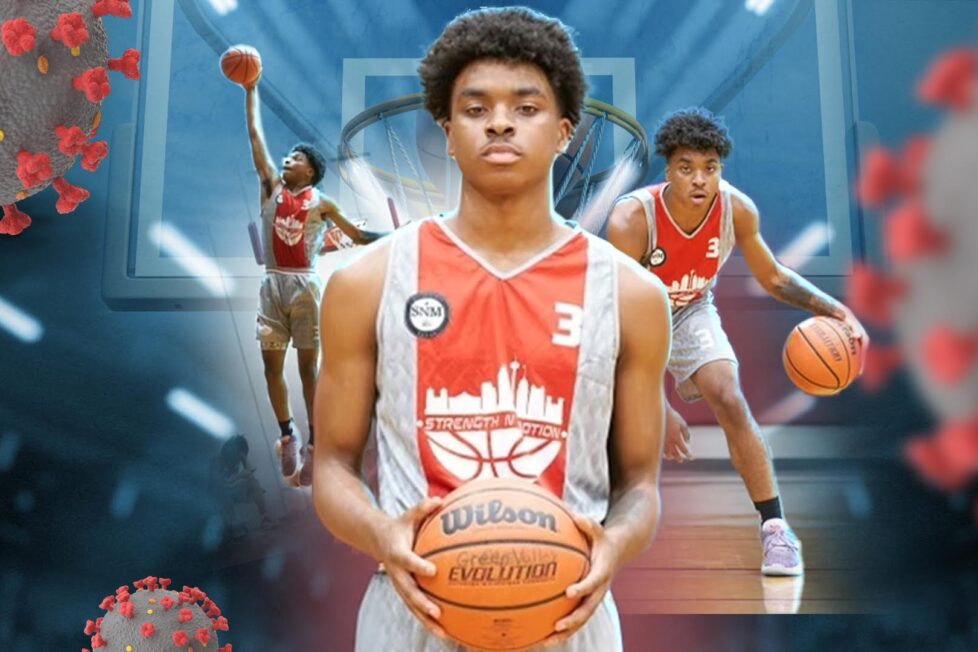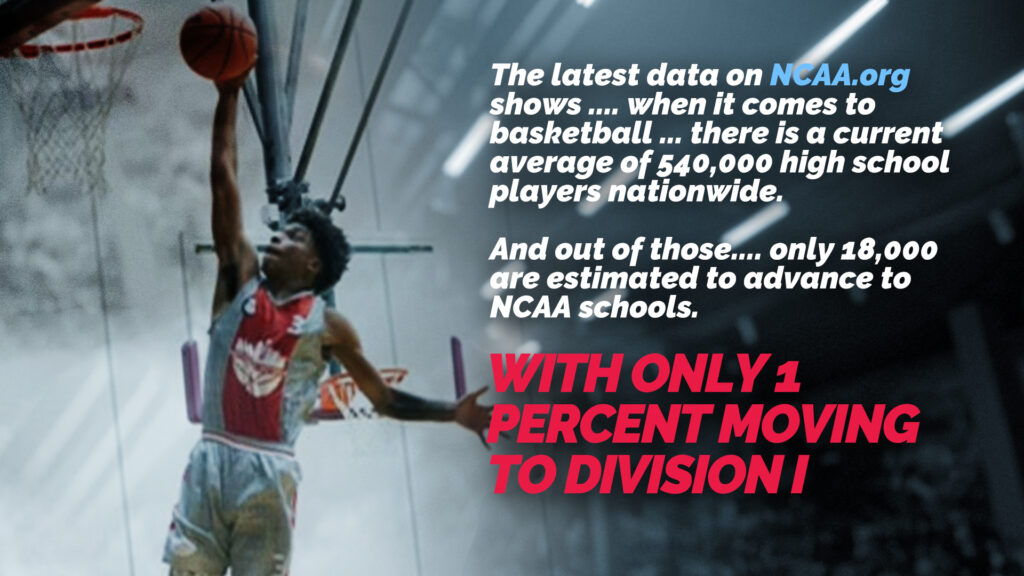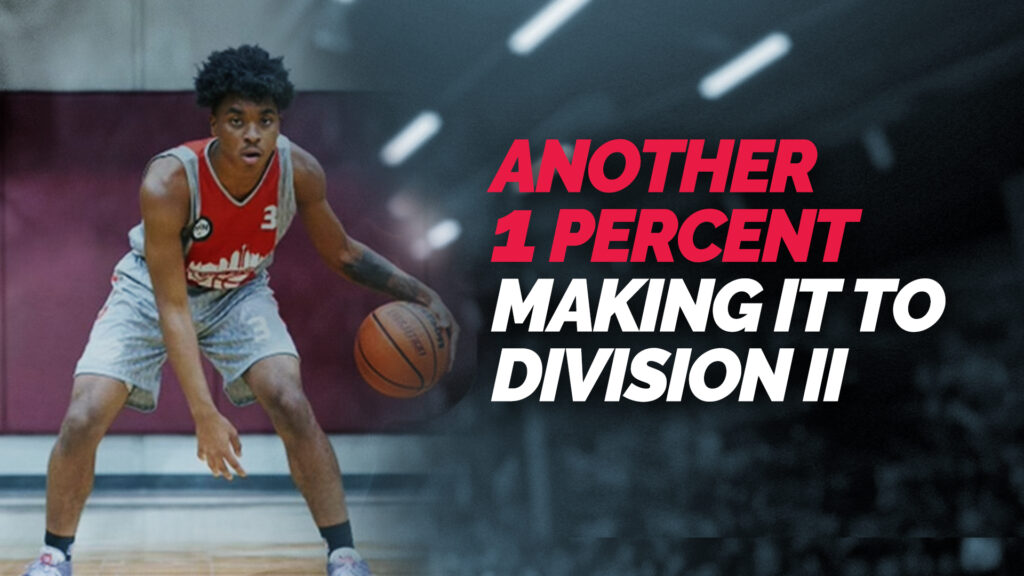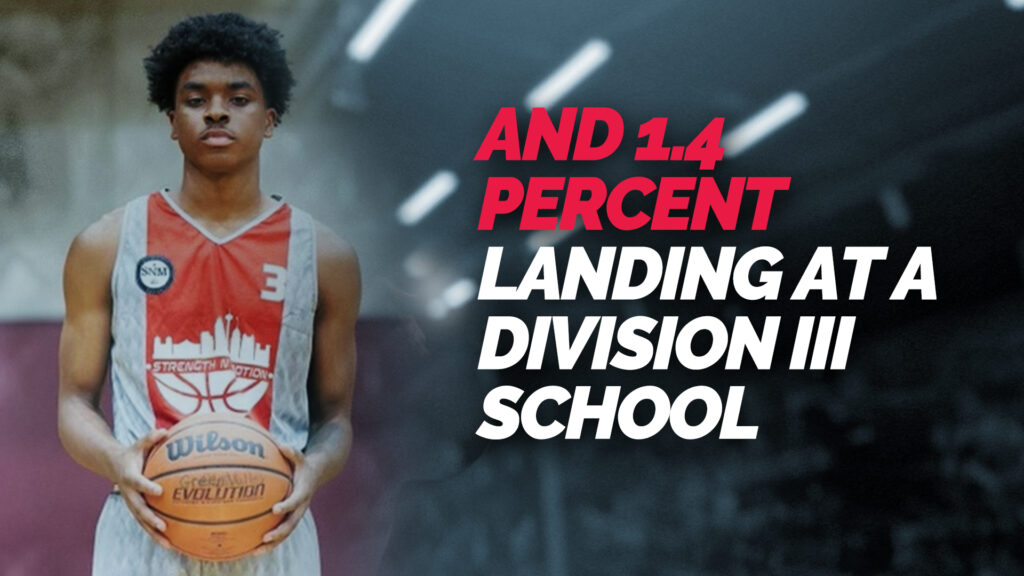Hoop Dreams Deferred: College prep schools opening doors for high school basketball players affected by COVID-19
EDITOR’S NOTE: This article is part of a series written by Natalie J. Greene, student journalist, on how COVID-19 affected the nation’s K-12 education system. This series was made possible through a grant provided by the National Association of Black Journalists (NABJ), funded by the Chan Zuckerberg Initiative (CZI). Greene's focus is on the high school athletic community.








Finally was able to watch this in it’s entirety. It was a bit of a tear jerker for me. If you know me you know what I’m talking about. This is everyone’s child. What an amazing story. I will definitely keep watching Nathaniel’s journey. ???????????????? Thank you for sharing.